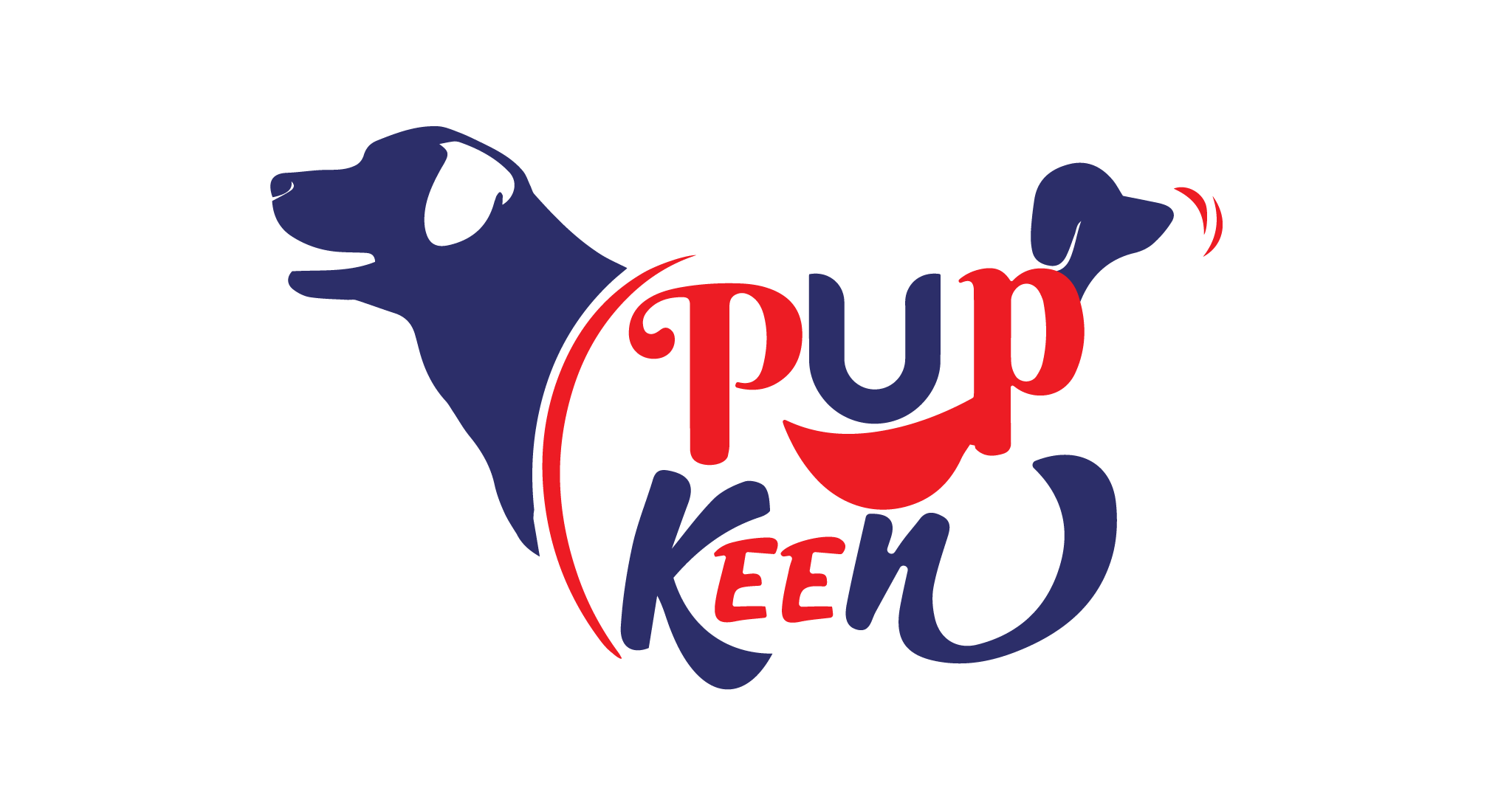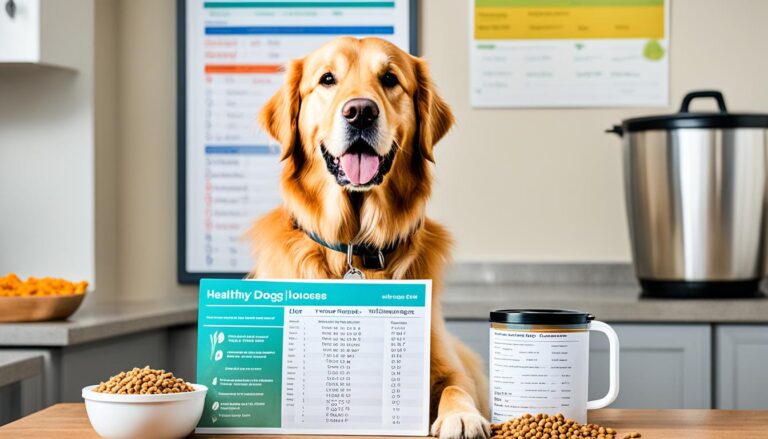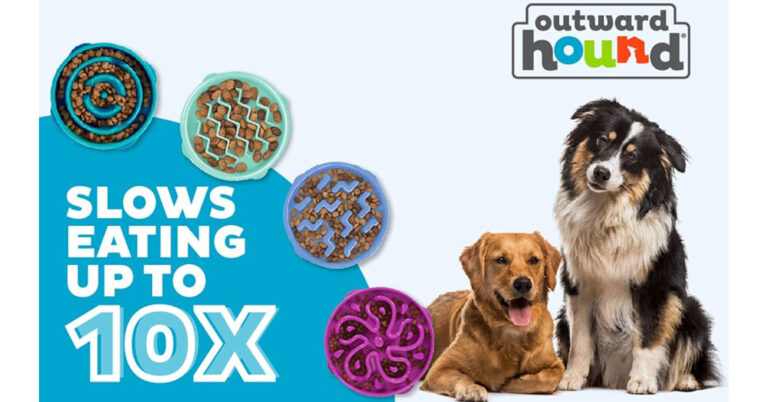Nutritional Management of Canine Inflammatory Bowel Disease
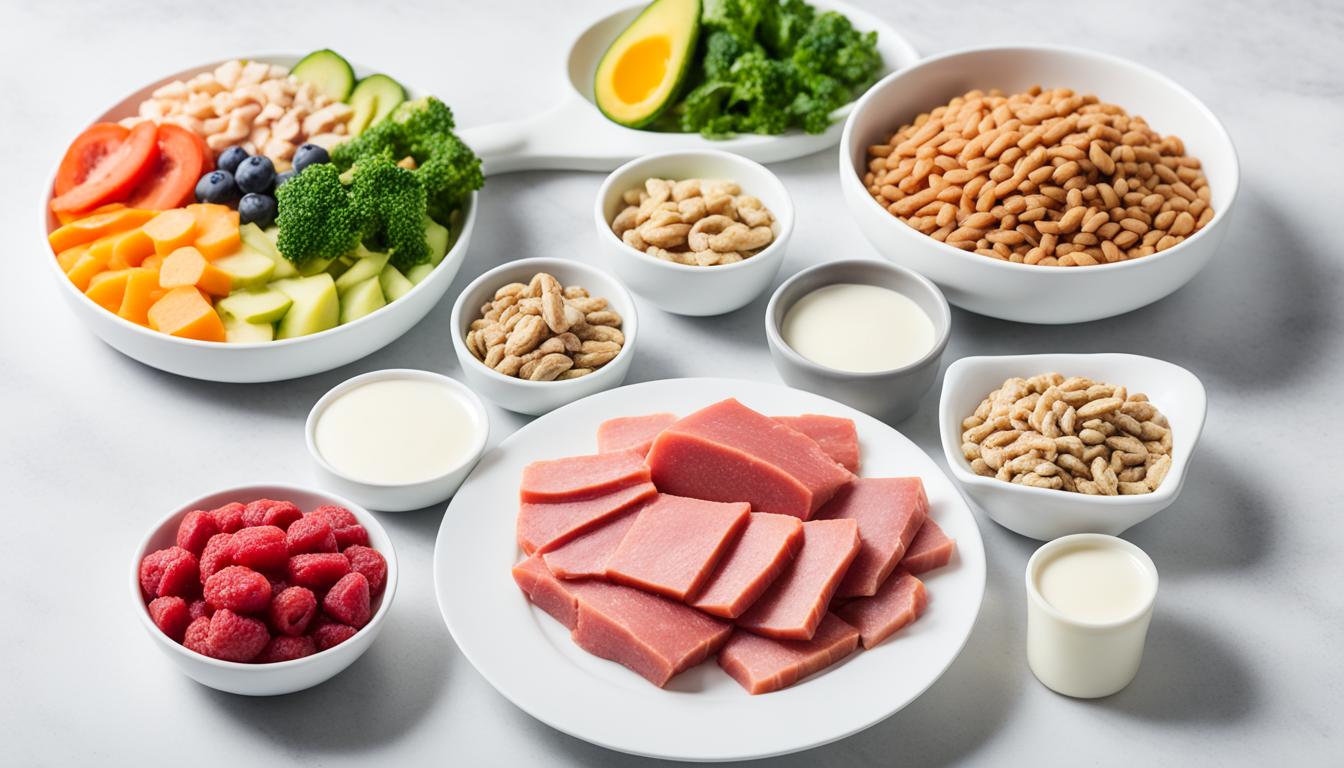
Did you know over 50% of dogs with IBD get better on hydrolyzed diets? Nutrition is key to managing canine IBD. As a pet parent I’ve seen how the right diet can change our fur babies lives.
Canine IBD is a tough condition that affects many dogs. With the right nutrition we can ease symptoms and improve our pets lives. Novel proteins, balanced fats and fibers are the key to managing this condition.
Get a vet to create a diet plan for you. Whether commercial or homemade meals, results in a few weeks.
Key Takeaways
Hydrolyzed diets work in over 50% of IBD cases
Home prepared diets can work for dogs not responding to commercial diets
Transitioning to a new diet takes 2-3 weeks
Protein should be 15-30% for adult dogs and 22-32% for puppies (dry matter basis)
Regular vet visits are key to IBD management
Understanding Canine Inflammatory Bowel Disease (IBD)
Canine inflammatory bowel disease affects many dogs. I’ve seen how it can change our fur babies lives. Let’s talk about what IBD means for dogs and how to spot it early.
Definition and Symptoms of Canine IBD
IBD in dogs means ongoing inflammation in the digestive tract. Symptoms can vary but often include:
Chronic vomiting
Bloody or persistent diarrhea
Weight loss
Loss of appetite
Lethargy

Causes and Risk Factors
We don’t know exactly what causes IBD in dogs. Genetics play a part, Boxers and German Shepherds are more prone to it. Environmental and immune system issues also play a role.
Importance of Proper Diagnosis
Diagnosing IBD requires a thorough check up. Vets use blood tests, ultrasounds and biopsies to confirm it. If your dog has ongoing digestive issues get them to the vet ASAP.
| Diagnostic Test | Purpose |
|---|---|
| Blood Count | Check for anemia or infection |
| Ultrasound | Examine intestinal wall thickness |
| Biopsy | Confirm IBD diagnosis |
The Role of Diet in Managing Canine IBD
Diet is key to managing Canine Inflammatory Bowel Disease (IBD). As a pet owner I’ve seen how the right diet can make a huge difference to a dog’s gut health and overall health. Let’s look at what makes a good IBD dog diet and its benefits.
Impact of Nutrition on Gut Health
The right diet can ease IBD symptoms in dogs. I’ve found that foods easy to digest with few additives are best for gut health. Diets based on novel proteins often help dogs with IBD a lot. It’s incredible how the right food can change things!
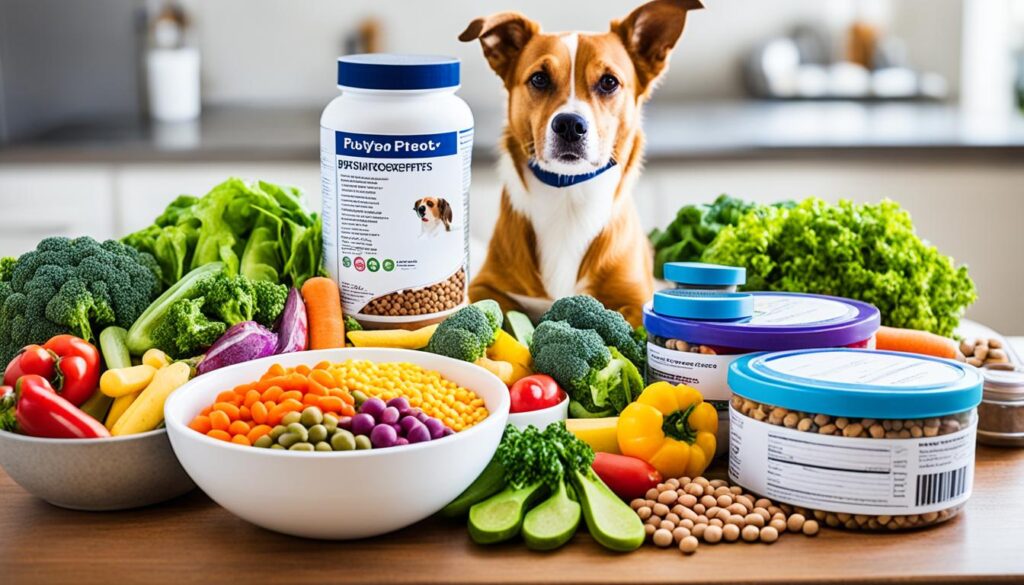
Key Dietary Considerations for IBD Dogs
When planning an IBD dog diet, I keep these points in mind:
- Low-carbohydrate content
- Easily digestible proteins
- Balanced fat levels
- Appropriate fiber content
Ingredients like pork, pearled barley, green peas, watercress, and sweet potatoes are good for IBD dogs. These foods support kidney health and help manage IBD symptoms well.
Importance of Individualized Dietary Plans
Every dog is different, so what works for one might not work for another. That’s why I always suggest consulting a vet for a custom diet plan. Studies show that 40-60% of dogs with chronic gut issues do better on special diets. It’s important to watch how your dog reacts and adjust the diet as needed.
| Diet Type | Benefits | Success Rate |
|---|---|---|
| Elimination Diet | Identifies food sensitivities | 100% in feline study |
| Hydrolyzed Protein | Improves IBD symptoms | 67% in canine study |
| Low-Fat Diet | May improve fecal scores | Significant improvement within 1 week |
IBD Dog Diet: Essential Nutritional Components
When creating an IBD dog food plan you need to focus on key nutrients. A balanced diet is key to managing IBD. Let’s look at the important bits of an IBD friendly meal plan.
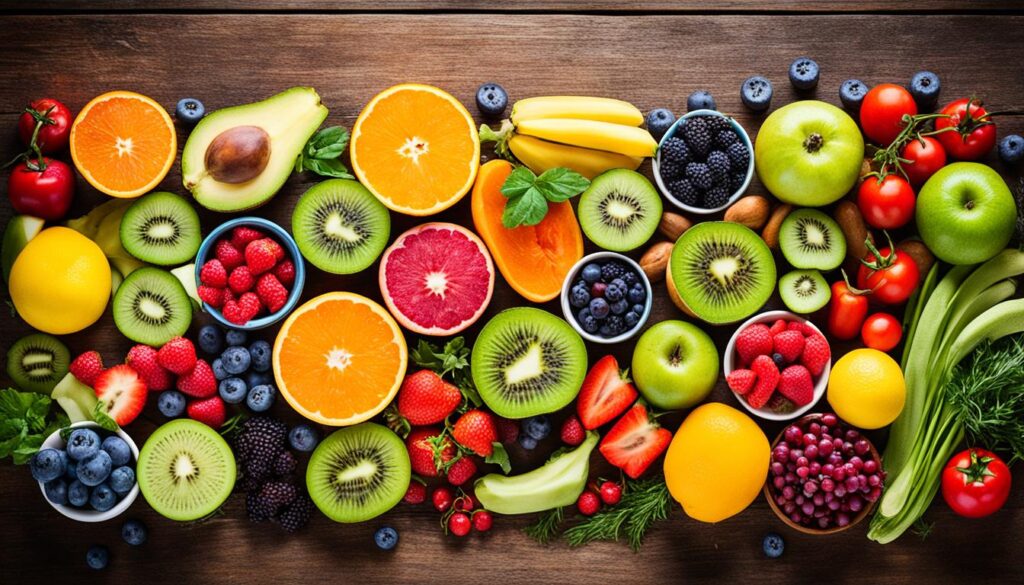
High quality proteins are essential for IBD dogs. I aim for 15-30% dry matter for adults and 22-32% for puppies. Proteins like venison or kangaroo are good choices as they are less likely to cause immune issues.
Fat content is also important. I keep it moderate 10-15% dry matter. This helps manage symptoms and provides energy. Omega 3’s are great for reducing inflammation.
Carbs are important too. I opt for highly digestible sources to reduce the load on the gut. Fiber is individual depending but key for gut health.
| Nutrient | Recommended Amount | Benefits |
|---|---|---|
| Protein | 15-30% (adults), 22-32% (puppies) | Tissue repair, immune function |
| Fat | 10-15% | Energy, inflammation control |
| Carbohydrates | Varies | Easy digestion, energy |
| Fiber | Varies | Gut health, digestion regulation |
Hydration is key in managing IBD. I make sure fresh water is always available to support colon health and hydration. Supplements like probiotics might be needed based on the dog’s condition.
Protein Sources for Dogs with IBD
Choosing the right proteins is key for dogs with Inflammatory Bowel Disease (IBD). Let’s look at some good options to help our pets feel better.
Novel proteins and their benefits
Novel proteins are a new way to manage IBD in dogs. They include meats like venison, bison, duck, and kangaroo. These are less likely to cause allergies, making them great for sensitive dogs. A UK study found 17.8% of dogs have digestive problems, showing we need new protein sources.
Hydrolyzed proteins: A game-changer for IBD management
Hydrolyzed protein dog food is a game changer for IBD. These proteins are broken down into tiny pieces so there’s less chance of an immune reaction. Many vets recommend this as the first step for IBD treatment. It’s gentler on the stomach and can reduce diarrhea and vomiting.
Balancing protein content in the diet
Finding the right protein balance is key to an IBD diet. Experts recommend 15-30% protein on a dry matter basis for adult dogs. But every dog is different. Some need more protein to keep muscles strong, others less.
| Protein Source | Benefits for IBD | Recommended Amount |
|---|---|---|
| Novel Proteins (e.g., Venison, Duck) | Less likely to cause allergic reactions | 15-30% of diet |
| Hydrolyzed Proteins | Easier to digest, reduces immune response | As recommended by vet |
| Fish | Rich in omega-3 fatty acids, anti-inflammatory | 1-2 servings per week |
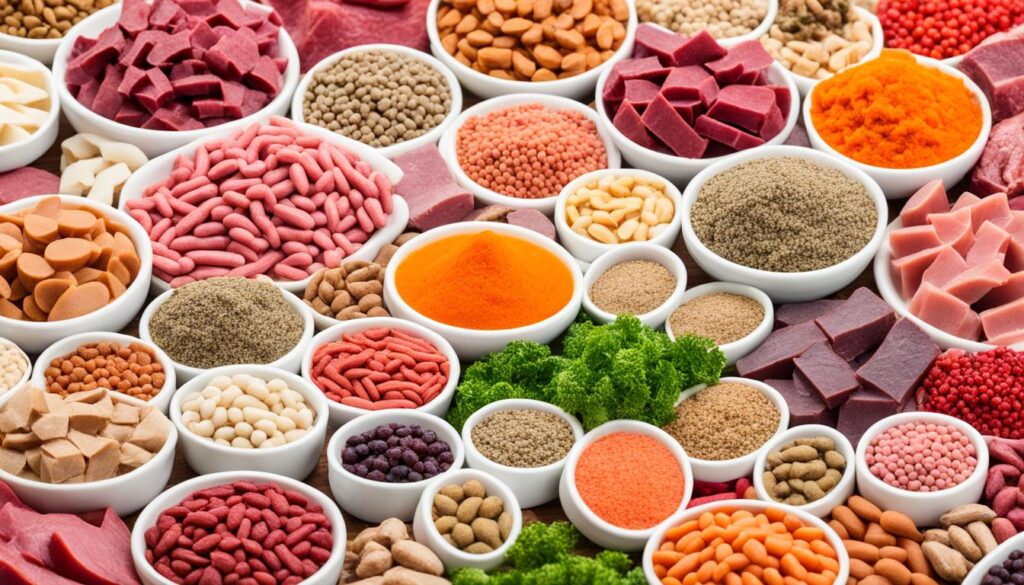
Work with your vet when changing your dog’s diet. They can help you find the right protein balance for your dog’s health and happiness.
Carbohydrates and Fiber in IBD Management
Managing IBD in dogs means paying attention to carbs and fiber. Highly digestible carbs are key for IBD dogs. They’re gentle on the gut and reduce inflammation.
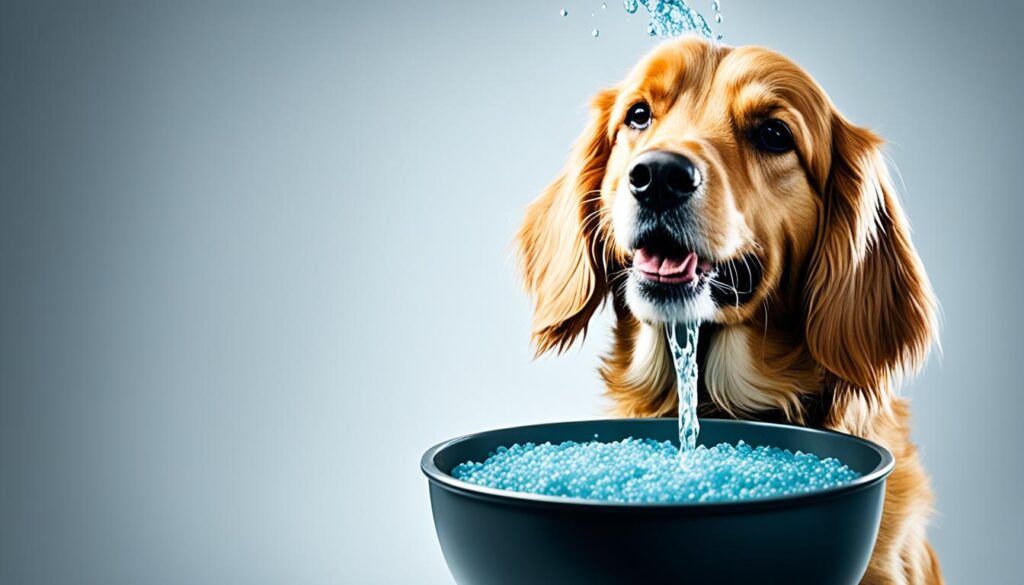
Fiber is important for IBD dogs. It keeps gut motility normal and supports healthy gut bacteria. The amount of fiber in an IBD diet can be low to high depending on the dog.
For carbs in IBD diet I recommend beet pulp, peanut hulls or fruit pectin. They provide fiber without upsetting the stomach. Finding the right balance of carbs and fiber will make a big difference for your dog.
| Fiber Content | Benefits | Recommended Sources |
|---|---|---|
| Low (≤5% DM crude fiber) | Easier digestion, reduced gut irritation | Beet pulp, fruit pectin |
| High (≥15% DM crude fiber) | Improved gut bacteria, water balance | Peanut hulls, cellulose |
It’s key to watch how your dog reacts to new foods and talk to your vet. Together, you can find the best carbs and fiber for your dog’s IBD.
Fat Content and Its Impact on IBD Symptoms
Fat is the key to managing canine Inflammatory Bowel Disease (IBD). The right fat levels in the diet can make all the difference for a dog’s symptoms and health. Let’s look at how to choose the best fats for dogs with IBD.
Optimal Fat Levels for IBD Dogs
The best fat content in IBD diets is 10-15% dry matter. Some dogs may do well with more fat, but you need to watch their needs closely. Start with lower fat levels and increase if your dog improves.
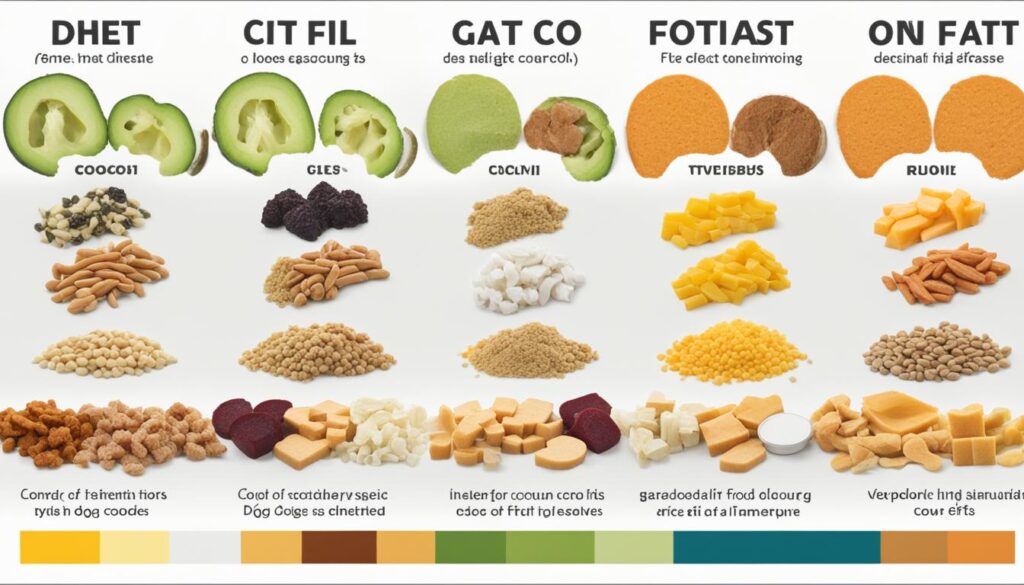
Choosing the Right Types of Fats
Not all fats are created equal for IBD. I recommend using fats like fish oil or coconut oil. These fats will reduce inflammation and help with nutrient absorption without making symptoms worse.
Supplementing with Essential Fatty Acids
Essential fatty acids, especially omega-3s, are good for dogs with IBD. They have anti-inflammatory effects that can reduce gut inflammation. Adding fish oil or flaxseed oil to their diet can be helpful, but check with your vet first.
Success comes from watching how your dog reacts to diet changes and making adjustments as needed. With the right fats, you can help manage your dog’s IBD symptoms and improve their life quality.
Supplements and Additives for IBD Support
Supplements for IBD dogs are key in managing this condition. They help fix gut health and provide needed nutrients. These nutrients might be missing due to poor absorption.
Probiotics for canine IBD are very helpful. They bring back the good bacteria in the gut, which can ease symptoms. High-quality probiotic blends made for dogs work well.
Omega-3 fatty acids are also important. They have anti-inflammatory effects that can lessen inflammation in the intestines. Fish oil is a top source of these fats.
For dogs with diarrhea, psyllium husk can be useful. It’s a soluble fiber that helps make stools firmer. But, start it slowly to avoid making IBD worse.
| Supplement | Benefit | Dosage |
|---|---|---|
| Probiotics | Restore gut bacteria balance | As directed by vet |
| Omega-3 Fatty Acids | Reduce inflammation | 30-40 mg/kg body weight |
| Psyllium Husk | Firm up stools | 1/2 to 2 tsp per meal |
Always talk to a vet before starting new supplements. They can figure out the right amount and make sure it won’t affect other meds your dog takes.
Transitioning to a New IBD-Friendly Diet
Transitioning to an IBD diet for your dog requires planning and patience. For their health and for managing symptoms.
Step-by-step guide to diet transition
Start by introducing a new diet to your IBD dog. Here’s a 10 day plan:
Days 1-3: 25% new food 75% old food
Days 4-6: 50% new food 50% old food
Days 7-9: 75% new food 25% old food
Day 10: Full transition to new food
Monitoring your dog’s response
Watch your dog during this transition. Look for better or worse symptoms. Check their stool, energy and appetite. This will help you see if the new diet is working.
When to consult your veterinarian
If you don’t see improvement in 2-3 weeks or if things get worse, talk to your vet. They may recommend diet changes or other treatments. About 50% of dogs get better gut health with diet changes.
| Diet Type | Benefits for IBD Dogs | Recommended Transition Time |
|---|---|---|
| Raw Diet | Supports digestive healing | 10-14 days |
| Novel Protein | Reduces food sensitivities | 7-10 days |
| Hydrolyzed Protein | Minimizes allergic reactions | 10-14 days |
Conclusion
I’ve looked into managing IBD in dogs and treating canine IBD. It’s clear each dog needs a special diet plan. The key is to balance proteins and fats to calm their tummies.
Feeding your dog the right food is key to managing IBD. Studies show diets with hydrolyzed proteins work well because they’re easy to digest. Some dogs may need proteins like rabbit or venison instead. What works for one dog may not work for another.
But diet alone may not be enough. Sometimes dogs need meds like antibiotics or steroids. Be sure to keep up with vet visits to check on your dog and adjust the treatment as needed. With time and TLC many dogs with IBD can be happy and healthy.
